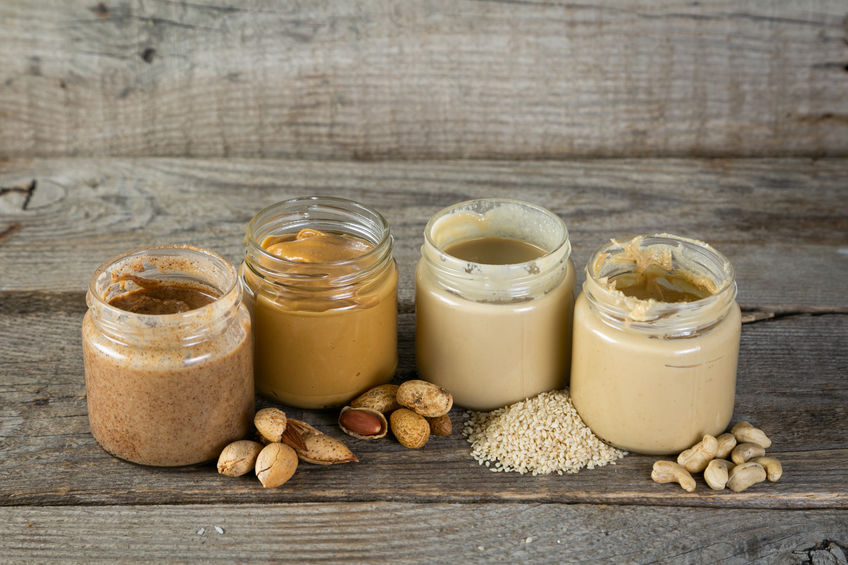Covid-19 Articles

This page will be regularly updated with links to interesting articles on Covid-19. Since this pages is starting in June, it's will not be possible to go back and add to it all the old articles I have read and believe are worth sharing. However, every day there is more information about covid-19 and I would like a place to share articles I find which are worth reading.
Articles are listed in no particular order.
How Fear, Groupthink Drove Unnecessary Global Lockdowns
This is a great article on how politicans are not acting based upon science. Repeatedly faulty models have been used to incite fear. Politicans don't don't respond rationally. They are like a mob who act out of fear.
The collective failure of every Western nation, except one, to question groupthink will surely be studied by economists, doctors, and psychologists for decades to come.
LOCKDOWN LUNACY: the thinking person's guide
Everyone should follow JB Handley. He usually writes about autism. This is about the lack of science behind coronavirus lockdown. 16 facts that most people are not aware of.
Fact #16: All these phased re-openings are utter nonsense with no science to support them, but they will all be declared a success
We could open up again and forget the whole thing
As epidemiologist Knut Wittkowski makes things very clear, governments have not been listening to the science. For 20 years, Wittkowski was the head of Biostatistics, Epidemiology, and Research Design at The Rockefeller University’s Center for Clinical and Translational Science. See what he has to say behind the science of lockdowns.
And it is going on and on and on, just because governments are afraid of admitting an error. They are trying to find excuses. They say they have to do things slowly, and that they have ‘avoided 500,000 deaths’ in the UK. But that was an absurd number that had no justification.
Asymptomatic spread of coronavirus is 'very rare,' WHO says
I don't believe in putting blind faith in official organizations such as the WHO. The contact tracing utopia people such as eluded to in Dr. Kerkhove's talk, could only be done with massive government surveillance and infringement on personal liberties. The cost of setting up such a tracking grid from phone apps and hiring government agents much also be considered. On the whole a cost-benefit analysis would have to be done on why this is a better use of resources, then putting those resources to better use (proper nutrition, sanitation, preventative health care).
Nonetheless, when the WHO says something that flies in the face of what politicians are doing, it's worth taking note of. The lockdown in the United States and other countries, is an unprecedented quarantining of healthy people. This is turning into just one part of politician's attempt to created a whole new culture centered around germaphobia. Yet at the same time the WHO says this is not necessary to protect people against other healthy people.
Last I checked before the covid-19 hysteria, we only considered symptomatic people as potential carriers of cold and flu viruses. This realization should not take advanced degrees and meetings of health "experts" from all around the world to figure out. It's common sense.
All this begs the question: based upon what science are politicians insisting on facemasks, social distancing and other measures to protect us against asymptomatic people?
We have a number of reports from countries who are doing very detailed contact tracing,” she said. “They’re following asymptomatic cases. They’re following contacts. And they’re not finding secondary transmission onward. It’s very rare.
Studies on Covid-19 lethality
Just the raw official data from around the world
The study found that serological antibody tests detect at most 20% of Covid19 infections, as most people neutralize the virus with their mucosal or innate immune system, developing only mild or no symptoms. This means that serological IFR values may drop by a factor of five to values below 0.10%
Decline in infant death during covid-19 crisis
A must read paper on death rates in all ages during 2020. Where things get really interesting is when the numbers show less death in children. This is explained entirely by less death in infants.
the lives of over 200 infants per week were saved duringthemonthofMay.Combiningthenumberoflivessavedin infants and children aged 1‐4, demonstrates a smaller but comparably large and beneficial effect:roughly 145,000 life‐years saved among children under 5.




